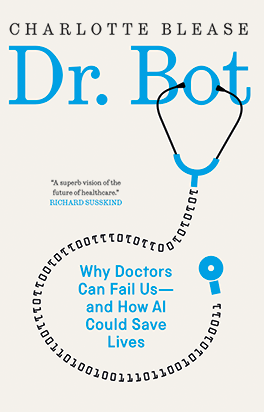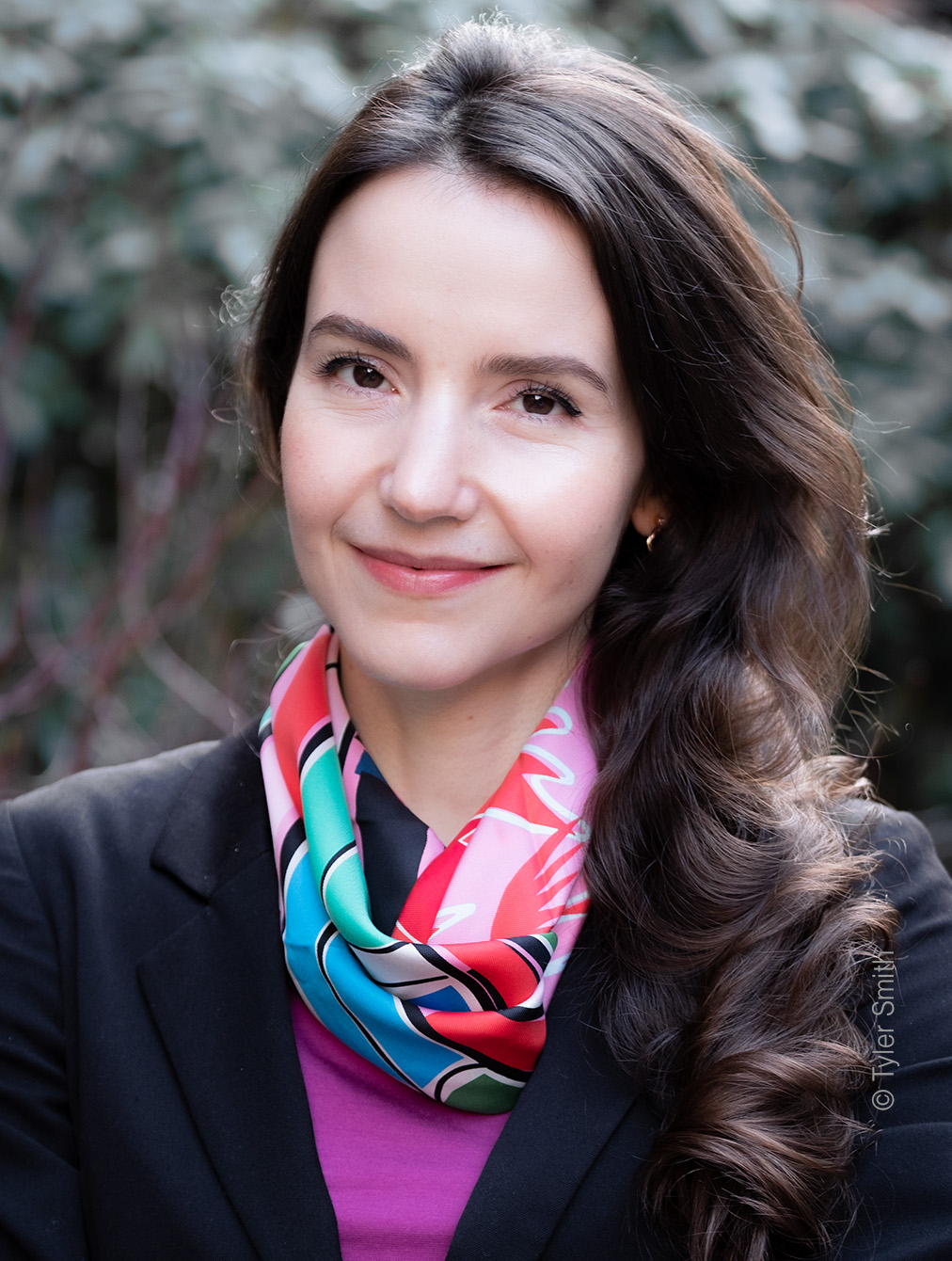
Charlotte Blease
Associate Professor (Docent) in the Department of Women’s and Children’s Health, Uppsala University (Sweden) | Research Affiliate at Digital Psychiatry, Department of Psychiatry, Beth Israel Deaconess Medical Center (BIDMC), Harvard Medical School
Dr. Charlotte Blease is an internationally recognized expert in health informatics, with a unique background in philosophy. She has authored over 160 peer-reviewed articles and book chapters on the future of healthcare, AI, and medical ethics. Currently, she serves as an Associate Professor (Docent) in the Department of Women’s and Children’s Health at Uppsala University (Sweden) and Research Affiliate at Digital Psychiatry, Department of Psychiatry, Beth Israel Deaconess Medical Center (BIDMC), Harvard Medical School.
With two decades of interdisciplinary research spanning philosophy, psychology, cognitive science, and medical humanities, Charlotte has held academic positions across the UK, Ireland, and Germany. She spent five years at Harvard Medical School—first as a Fulbright Scholar, then a Research Fellow, and later as a Keane Scholar.
A passionate advocate for patient-centered care and public understanding of healthcare, Charlotte was named a BBC Radio 3 New Generation Thinker in 2012. Her insights on AI, medicine, and ethics have been featured in Time, The New York Times, The Washington Post, The Guardian, El País, Aeon, The Sydney Morning Herald, Deutsche Welle, Haaretz, The Irish Times, The Independent, BBC, Sky News, STAT, and more. Her work in philosophy outreach has even been recognized by the President of Ireland. In 2016, she was appointed a Patron of SAPERE, the UK’s largest charity for teaching philosophy to children, alongside Stephen Fry and Lord Neuberger.
Charlotte’s research challenges how we think about the intersection of AI, healthcare, and human expertise. She speaks on the ethical and clinical implications of AI in medicine, the future of healthcare documentation, and how large language models are reshaping doctor-patient interactions.
In her new book, Dr Bot: Why Doctors Can Fail Us and How AI Could Save Lives, Charlotte exposes the blind spots of human‑only care and reveals how a new generation of AI tools could, if implemented carefully, deliver safer, more precise healing.
Topics
Videos
Books
Articles
Podcasts
This speaker does not have any podcasts yet.
Testimonials
This speaker does not have any Articles yet.
Related speakers
No related speakers.






















